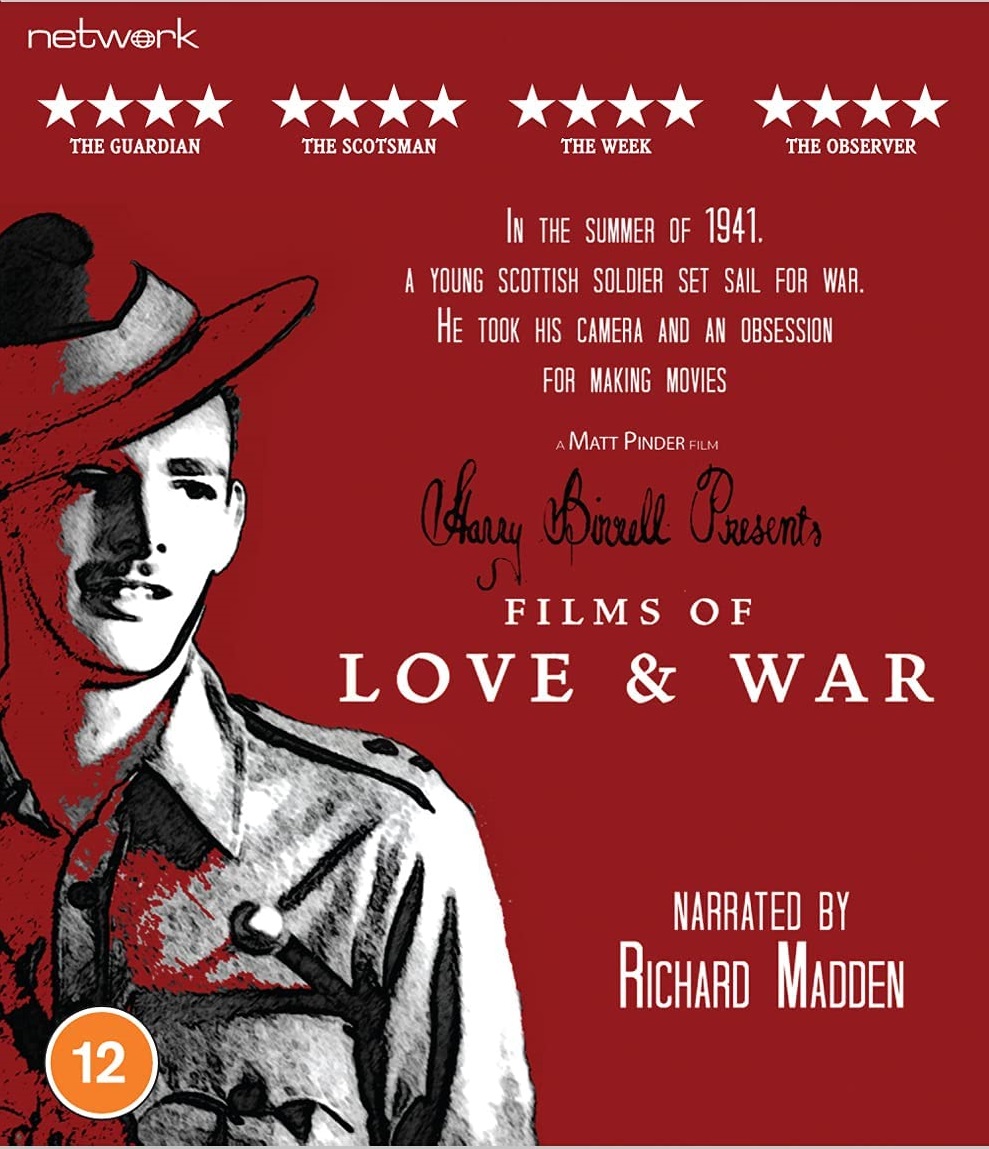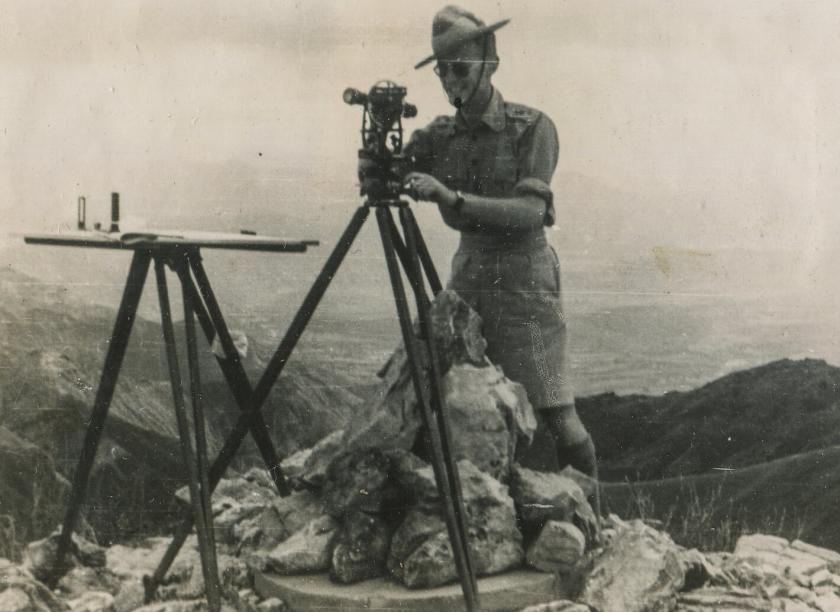What we don’t learn about filmmaker Harry Birrell is as tantalising as what is actually revealed during the course of Matt Pinder’s beguiling 90-minute documentary. We hear that Birrell was born in Paisley to a father he never met, who had been killed in action on the Macedonian Front, and that the young Harry was given a cine camera at the age of 10, the start of a lifelong hobby. We see Birrell’s granddaughter, actress and producer Carina Birrell, peering into storage boxes in a garden shed containing 400 reels of film plus assorted photograph albums and diaries.
Birrell moved to London in 1938 to work as a chartered surveyor, and the earliest footage records his time there. Richard Madden narrates from Birrell’s diaries, showing him to have been as skilled a writer as a cineaste. Sequences show friends riding motorcycles and drinking tea, with detours to an open-air swimming pool and boat racing on a Ruislip reservoir. Much of what we see is in vibrant colour, and it’s all fascinating, Birrell’s hand drawn title cards adding to the charm.
A holiday on the Isle of Arran was interrupted by the outbreak of war, Birrell volunteering in the belief that it would lead to faster promotion. His pre-war career as a surveyor saw him posted to India, where he’s cannily able to obtain supplies of colour cine film and continue to record everything that he sees and experiences. We observe the poverty and squalor while sensing Birrell’s constant delight in being somewhere so new and exotic, the diary extracts painting an image of a supremely likeable, humane man. Birrell’s respect for the Gurkas he commands is continually clear, and there’s a joyous sequence where he takes them swimming in the sea for the first time. He’s thrilled to travel on the Darjeeling Himalayan Railway, amazed by elephants and dazzled by the Cholamu lake.
 We never forget that Birrell and his men are on active service, the beauty of the images he captures all the more precious as a result. He next makes a dangerous incursion into Burma to covertly make maps for Allied forces, delighting in the scenery while aware that capture by Japanese troops would spell disaster. We see some genuinely horrific images.
We never forget that Birrell and his men are on active service, the beauty of the images he captures all the more precious as a result. He next makes a dangerous incursion into Burma to covertly make maps for Allied forces, delighting in the scenery while aware that capture by Japanese troops would spell disaster. We see some genuinely horrific images.
And then it’s as if the war is suddenly, abruptly over, Birrell opting to make his way back to Scotland by the longest, most circuitous route possible and reaching the UK in 1947. What he did next isn’t revealed, though he carried on filming: we glimpse his wedding ceremony and an infectiously funny 1960 short starring his two children.
Carina and her father recall that Birrell, like many other veterans, rarely discussed his military service, and we’re left suspecting that he found post-war life a huge anti-climax. One hopes that one day we’ll get to see more of what lurks in those 400 canisters of film, and maybe get the chance to read Birrell’s diary entries in full. Carina ruefully admits that she wishes she’d asked her grandfather more questions when she had the chance, but this is an affirmative, upbeat film, one inviting us to marvel at a life well-lived and well-documented. Bonus features include interviews with family members and several short films assembled by Birrell: 1939’s London Diary and 1959’s When We Are Young especially enjoyable.















Add comment